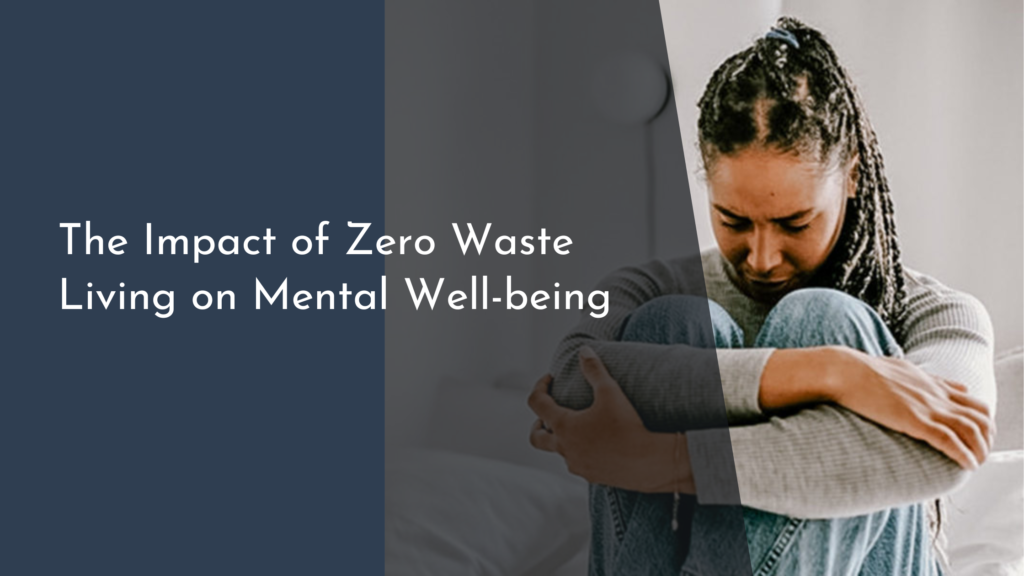How Urban Waste Can Become a Resource
Urban waste is often seen as a nuisance, a byproduct of modern living that clutters our cities and contributes to environmental degradation. However, an inspiring shift is occurring across the globe as communities and organizations recognize the value hidden within discarded materials. By transforming trash into resources, we can reduce our environmental footprint, foster sustainability, and even create economic opportunities. This article explores how urban waste can become a valuable asset, highlighting the recycling revolution, innovative repurposing solutions, and the steps toward building greener cities.
Transforming Trash: The Power of Urban Waste Utilization
Urban waste is a treasure trove waiting to be unlocked. From discarded plastics to organic materials, there is immense potential in what we typically consider refuse. By implementing effective waste management strategies, cities can provide infrastructure that allows for the collection and treatment of waste, converting it into useful materials. For instance, organic waste can be composted, enriching the soil and contributing to sustainable agriculture. This shift in perspective emphasizes that waste is not waste until it’s wasted; with the right systems in place, it can be transformed into a resource that benefits the community.
Moreover, urban waste utilization can also mitigate the impacts of climate change. By recycling materials and reducing landfill use, cities can lower greenhouse gas emissions associated with waste decomposition. This not only helps in meeting sustainability goals but also enhances the overall quality of urban life. The conscious effort to see waste as a resource encourages community involvement and awareness, fostering a culture of responsibility towards our environment. It’s a win-win situation for everyone involved!
Recycling Revolution: Turning Waste into Valuable Resources
The recycling movement has gained significant momentum in recent years, with more municipalities adopting robust recycling programs. These initiatives focus on separating recyclables from general waste, ensuring that materials like glass, metal, and paper are processed and returned to the production cycle. With advancements in recycling technology, the efficiency of these processes is improving, making it easier than ever to recover valuable raw materials from waste. This not only conserves natural resources but also reduces energy consumption associated with manufacturing new products.
Cities are also recognizing the economic benefits of recycling. By establishing local recycling facilities, they create jobs and stimulate local economies. The recycling industry has the potential to generate significant revenue, and as communities invest in these programs, they are building a more sustainable and resilient economy. Furthermore, public awareness campaigns and educational programs are increasingly encouraging residents to participate actively in recycling efforts. Together, these elements form a recycling revolution that empowers citizens to contribute to a more sustainable future.
Creative Solutions: Innovative Ways to Repurpose Waste
Innovation is at the heart of repurposing waste, with creative solutions emerging around the globe. One exciting trend is upcycling, where waste materials are transformed into new products with higher value. For example, discarded textiles can be turned into fashionable clothing or home décor, while plastic bottles can become durable furniture. Artists and designers are leading the charge in this movement, using their creativity to inspire others to see the potential in waste. This not only diverts materials from landfills but also sparks a new appreciation for resourcefulness and creativity.
Additionally, urban farming initiatives have emerged as a brilliant way to repurpose organic waste. Community gardens often utilize compost made from kitchen scraps, turning waste into nutrient-rich soil. Vertical gardens and hydroponic systems can make use of urban spaces, revitalizing areas while producing fresh, healthy food. These innovative approaches not only address food security issues but also promote a circular economy where waste is viewed as a resource rather than a burden. The possibilities are endless, and with a little creativity, the urban landscape can be transformed into a vibrant hub of sustainability.
Sustainable Cities: Building a Greener Future Together
Building sustainable cities is a collective effort that requires collaboration between governments, businesses, and citizens. Local authorities are increasingly prioritizing sustainable practices, implementing policies that encourage waste reduction, recycling, and resource recovery. By establishing clear goals and fostering partnerships with community organizations, cities can create a framework for success that empowers citizens to take part in the sustainability journey. Initiatives such as zero-waste communities and green certifications promote a culture of environmental responsibility, encouraging individuals to rethink their consumption habits.
In addition, public engagement and education are essential components of building sustainable cities. By informing residents about the benefits of waste management and resource recovery, cities can inspire individuals to adopt eco-friendly practices in their daily lives. Workshops, community events, and social media campaigns can raise awareness and foster a sense of community around sustainability efforts. Together, these actions not only improve urban environments but also enhance the quality of life for all residents, paving the way for a greener, more sustainable future.
In conclusion, urban waste should no longer be viewed as a mere burden but rather as a valuable resource that can drive sustainability and innovation. Through the recycling revolution, creative solutions, and collaborative efforts, we can transform our cities into models of sustainable living. By recognizing the potential within our waste, we can build healthier, happier communities that respect the environment and inspire future generations to do the same. It’s a cheerful reminder that we have the power to change our relationship with waste, turning trash into treasures for a brighter tomorrow!

